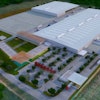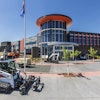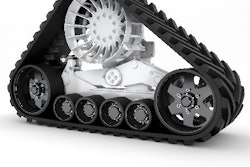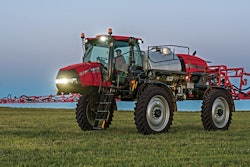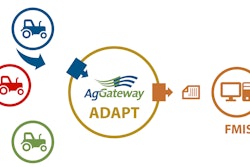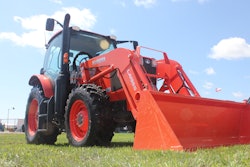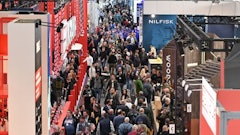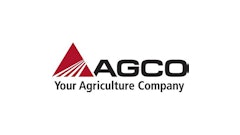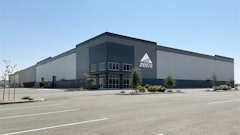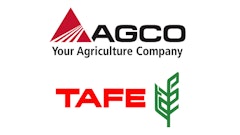Agriculture is set for a digital revolution, just as farm machines profoundly transformed it one century ago. Modern agricultural machines in combination with digital farming tools are the “essential kit” that farmers should endorse to increase the sustainability, productivity and profitability of farming practices in Europe in the upcoming years. On the other side, for the ag machinery industry to deliver the most adapted technology to farmers’ needs, a fit-for-purpose legislation is crucial. With a variety of 400 machines types that cover from seeding to harvesting and considering the size of the sector compared to other “vehicles” producers in Europe, the EU has to better understand its specificities and the working environment of the machines when devising new legislation.
These were two of the key conclusions from the dinner debate “Smart Equipment for Sustainable Agriculture” co-organized by the European Agricultural Machinery Industry Association CEMA and the European Forum for Manufacturing EFM in the European Parliament.
High-level representatives from the European Institutions, from farmers’ organizations, numerous Members of the European Parliament and industry leaders discussed the question of what the EU can do to support farmers and technology providers to tackle the challenges ahead.
Opening the session, EU Agriculture Commissioner Phil Hogan, addressed the audience saying, “Increased uptake of precision farming technologies is essential to keep the EU agri-food sector competitive, efficient and sustainable. The CAP and Horizon 2020 are already providing strong support for the development and roll-out of these technologies across Europe, and with the European Commission's proposals for the future CAP and Horizon Europe, there will be an even stronger emphasis going forward. This will benefit our farmers, our citizens, and our climate and environment."
Commenting on this, Anthony Van der Ley, CEMA President, said, “The Agricultural Machinery Industry is fully committed to providing technology solutions that respond to farmers’ needs all over Europe. Thus, European policies should encourage a further uptake in the years to come. On another note, and to keep pace being global leaders in bringing innovation to EU agriculture, we need a supportive industrial landscape and forward-looking public policies by the EU.”
Representing the farming community, Daniel Azevedo, Director Trade & Commodities at COPA-COGECA added, “Investments in modern machines, latest technology or Digital Farming tools are for farmers part of a strategic vision of their business, in order to compete in dynamic markets. Without a clear benefit on improving farm production systems, working conditions or added-value for the products, farmers won’t invest, especially in times where financial resources are limited.”
At the event, Anthea McIntyre MEP recalled her own-initiative report “Technical solutions for sustainable agriculture in the EU” which received strong support in the European Parliament. She reiterated her call for all European farmers to be able to benefit from technological innovation.
The evening was closed by Jerome Bandry, CEMA Secretary General, who recapped other key points put forward during the discussions such as sustain Research funding in agriculture, devise a solid and strong CAP or the need for trust and fairness in managing the potential of agricultural data-sharing. He thanked the speakers for their contributions and wished the best to MEPs running in the upcoming EU elections of May.


